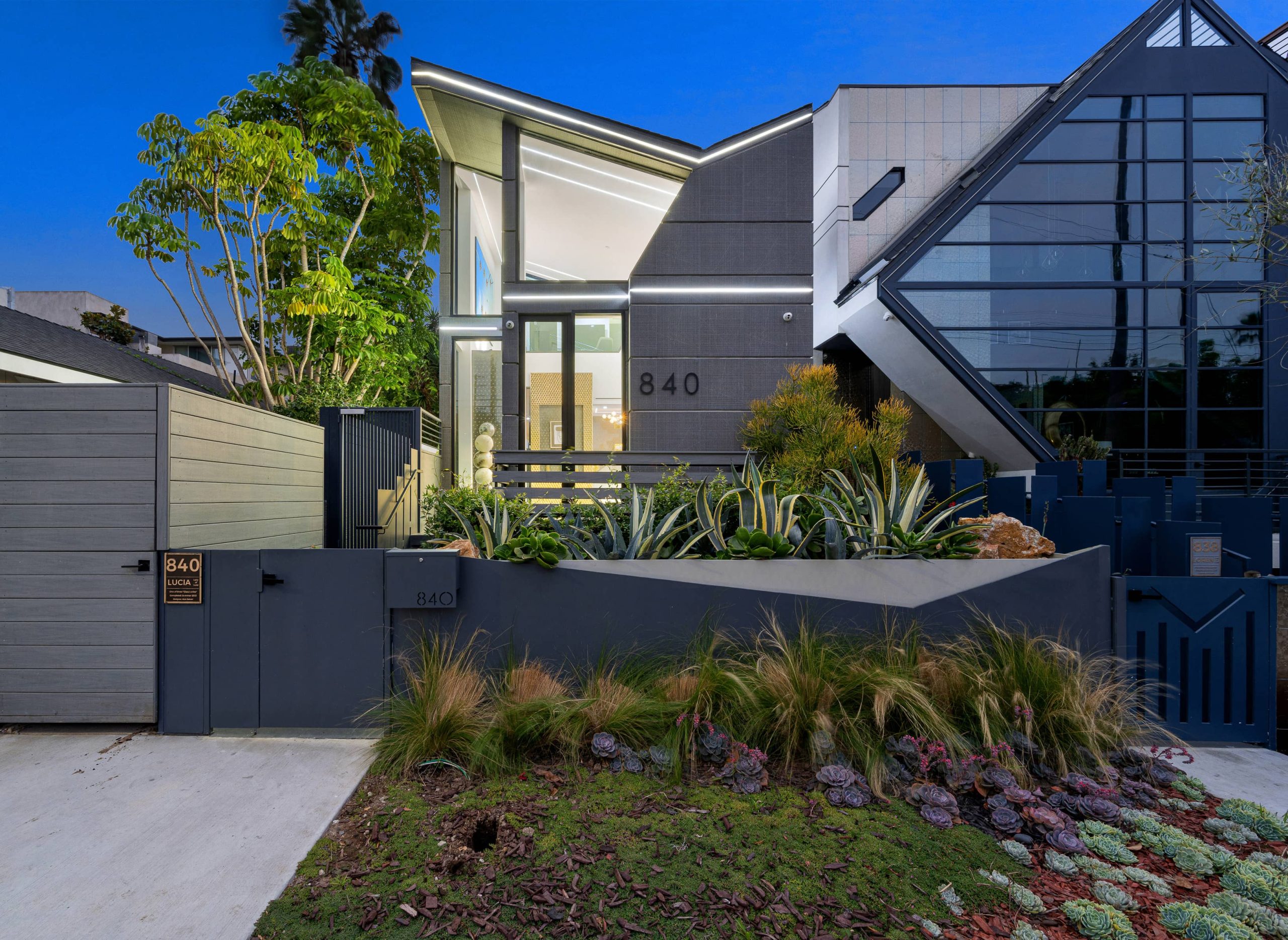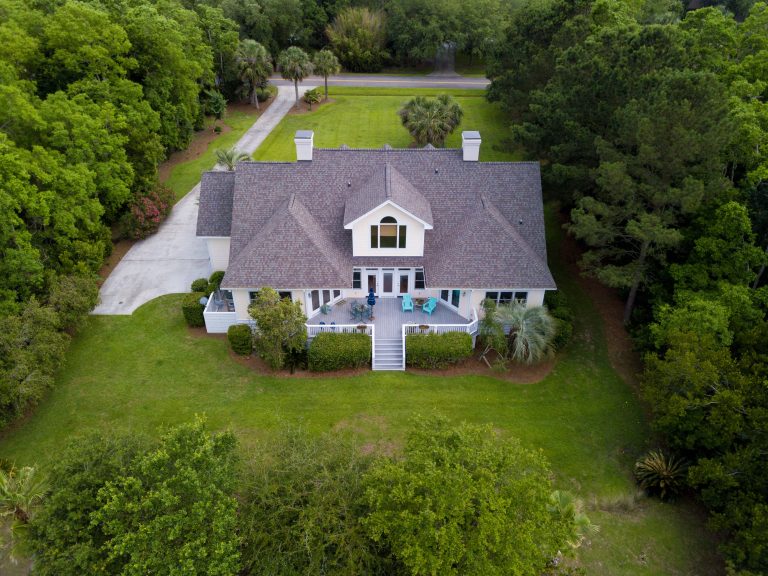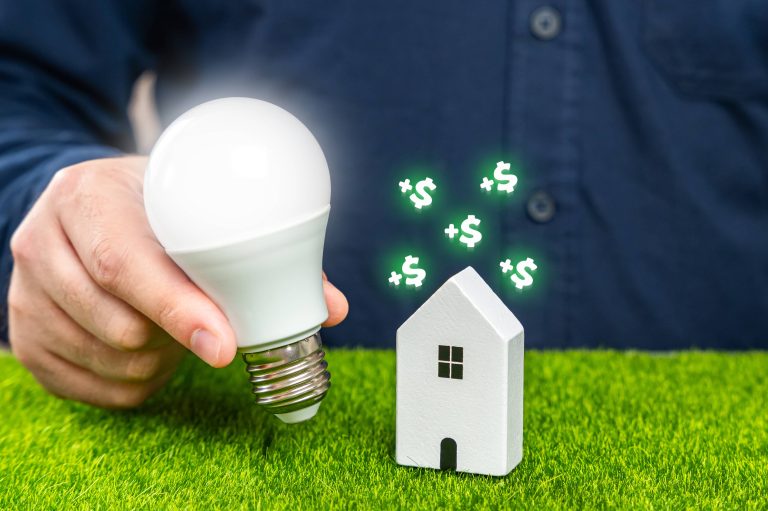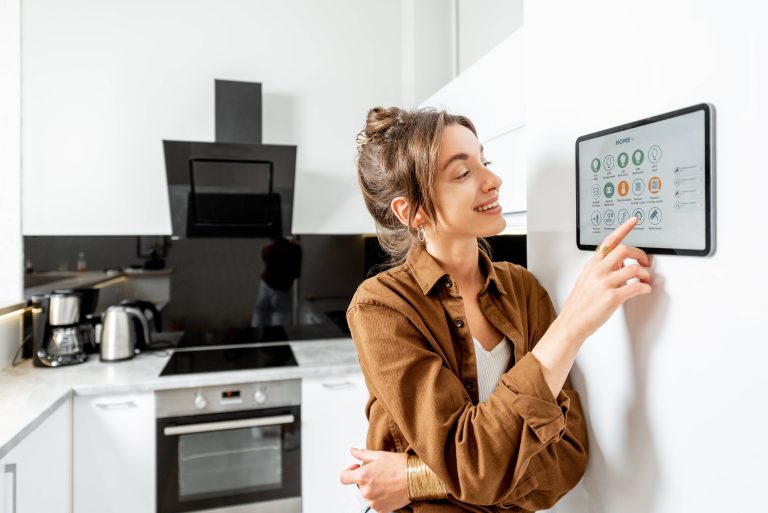
The emergence of smart home technology has considerably altered our everyday lives. With the promise of convenience, energy efficiency, and enhanced security, smart home devices have become popular household staples. One segment that garners significant attention is cloud-based smart home security systems. These systems often include a variety of interconnected devices, such as cameras, door locks, and sensors, all designed to provide peace of mind. However, with the reliance on cloud services, questions regarding trust become critical. In this blog post, we will delve into the considerations you should keep in mind when evaluating cloud-based smart home security systems.
Security and Privacy Concerns
Data Storage and Encryption
Cloud-based systems store your data in remote servers, which can be both an advantage and a drawback. On the one hand, cloud storage ensures that your data can be accessed from anywhere, providing flexibility and ease of use. On the other hand, this raises questions about how well your data is protected. Encryption is a vital aspect of safeguarding information. Ensure the cloud service uses end-to-end encryption both in transit and at rest. This means that your data is encrypted from the moment it leaves your device until it is retrieved, making it much harder for malicious actors to intercept and understand.
Data Ownership and Control
When using cloud services, understanding who owns your data is essential. Some service providers might retain the rights to use your data in ways you might not agree with, such as for marketing purposes or to sell to third parties. The terms and conditions or the privacy policy of the service will usually detail this, so make sure to read them carefully. Select providers commited to transparency and data control, where you retain ownership and can delete your data permanently as desired.
Reliability and Dependability
Uptime and Service Availability
A significant aspect of cloud-based security systems is their reliance on internet connectivity. If the cloud service provider experiences downtime, your security system might fail when you need it the most. Research service providers with a strong reputation for high availability and uptime guarantees. Look for services offering at least a 99.9% uptime guarantee and have a consistent track record in this regard.
Backup and Redundancy
Even the most dependable services can experience unexpected issues. It’s crucial to have a fallback mechanism in place. Some advanced systems offer local fallback options, such as local storage solutions and battery backups, that ensure functionality remains uninterrupted even if the internet goes down. Investigate the redundancy measures that your potential providers have in place to safeguard your data and maintain security operations.
Integrations and Compatibility
Ecosystem Compatibility
As you may already be leveraging other smart home devices, it’s worth considering how a new cloud-based security system will integrate with your existing ecosystem. Compatibility with other products, such as smart assistants (e.g., Amazon Alexa or Google Assistant), can add layers of functionality. Being part of a broader ecosystem can enhance your smart home experience, providing synergy between your devices for more cohesive security management.
Interoperability Standards
Open standards for smart home technology, such as Zigbee, Z-Wave, and Matter, ensure interoperability between various devices and systems. When considering a cloud-based security system, prioritize options that adhere to these established standards. This not only future-proofs your investment but also fosters an environment where devices from different manufacturers can work in harmony.
Transparency and Trustworthiness
Industry Certifications
Industry certifications and compliance with regulations indicate a provider’s commitment to security standards. Look for certifications such as ISO 27001, SOC 2, and GDPR compliance, which verify that the provider has implemented robust security measures and adheres to stringent data protection guidelines. These certifications are often indicative of the maturity and reliability of the service.
Independent Audits and Pen Tests
Third-party audits and penetration testing (pen tests) are critical for validating the security claims made by the provider. These independent assessments identify potential vulnerabilities and how effectively they have been addressed. Transparency in publishing the results of these audits and the provider’s responsiveness in fixing identified issues are strong indicators of a trustworthy service.
User Control and Customization
Granular Control Options
The best cloud-based smart home security systems offer granular control options. This means users can customize settings to align with their specific security needs and preferences. Features like adjustable alert settings, customized user access levels, and time-specific monitoring schedules contribute significantly to a system’s usability and trustworthiness.
Regular Updates and User Education
Technology evolves rapidly, and so do security threats. It’s vital that your security system receives regular updates to address new vulnerabilities and enhance functionality. Providers who prioritize regular software updates demonstrate their ongoing commitment to user safety. Additionally, educational resources, user guides, and responsive customer support can greatly enhance user confidence and effective use of the system.
Conclusion: Building Trust in the Cloud
Considering trust in cloud-based smart home security systems encompass multiple dimensions, including security, reliability, compatibility, transparency, and user control. As smart home enthusiasts and consumers, it is essential to research, ask critical questions, and choose providers that align with the highest standards of security and trust. By prioritizing these considerations, you pave the way for a safer, smarter home environment where privacy and security coexist seamlessly with modern convenience.
As the landscape of smart home technology continues to evolve, staying informed and vigilant will always be your best defense against potential vulnerabilities. Your home is your sanctuary, and a trusted, reliable cloud-based security system is a step towards ensuring that it remains secure and private.







